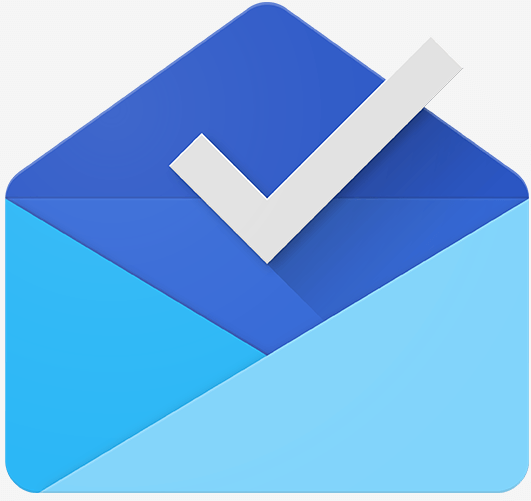
Recently Google changed the way we see our email, if we were still using email, with the deployment of Inbox. If you have a Gmail account, you can ask to begin using Inbox now. Inbox smartly does filtering, selects proper folders, creates conversation streams and really looks good — for an email inbox. Among the other enhancements are a native To Do list function, great integration with Calendar, and a lovely Snooze option that lets you push a message down for say a week or whenever you need to deal with it.
Upside = greatly improved intelligent management of your Inbox for all your email communications. Downside = email communications.
Not to be left out, IBM yesterday announced Verse with a flurry of YouTube videos explaining how living in your enterprise inbox can be changed for better productivity. One of the biggest innovations of Verse is that the email is sorted by who sent it and made available under a Google Plus like circle icon. Other features of this new subscription cloud service are a DropBox like file sharing option and integration with calendars. Overall, I see Verse at first glance and after intensive video watching as a people centered version of Google’s Inbox with some Asana-like project management features.
Unlike Inbox, which works for enterprise and/or personal, Verse is definitely an enterprise play. Verse could be used as personal email, but the win and the direction are clearly business productivity.

Today, Collaboration Objects, the dream of two Finnish programmers, became live. CO makes no bones about how they feel about email. “Death to Email” reads their home page.
And then:
Why kill email?
There is a paradigm shift ongoing, the amount of private emails sent daily is decreasing, but the amount of daily business emails is still increasing.
The reason for this is the emergence of the so-called social media, which gave consumers easy and instant access to better (=more efficient) means of communication.
So far this has not been available for businesses or organizations, instead various enterprise collaboration tools have entered the market, which have brought very little efficiency to the daily business, instead they have added an additional layer of communication and complexity – yet another place you need to remember to go.
In order to improve the productivity of knowledge work, email must die.
Collaboration Objects sees communications as a collection of objects to be created, shared, modified, and discovered — not as a metaphorical letter to be filed for exclusively personal use. Of course this is hosted service like Verse and Gmail and Inbox. Like Verse, Collaboration Objects is aimed at the enterprise and is all about increasing productivity. This last is the strength and weakness of Collaboration Objects as more and more people find themselves outside the enterprise dropping in then back out as contractors or intermingling their various personal and business tasks. We’re not supposed to do that intermingling, but we do.
Yet, Collaboration Objects (for which I do not yet have a log in) shows promise for increasing productivity through reconceiving business communications as initially shared objects rather than enveloped messages even in some novel sort or package.


Leave a Reply
You must be logged in to post a comment.